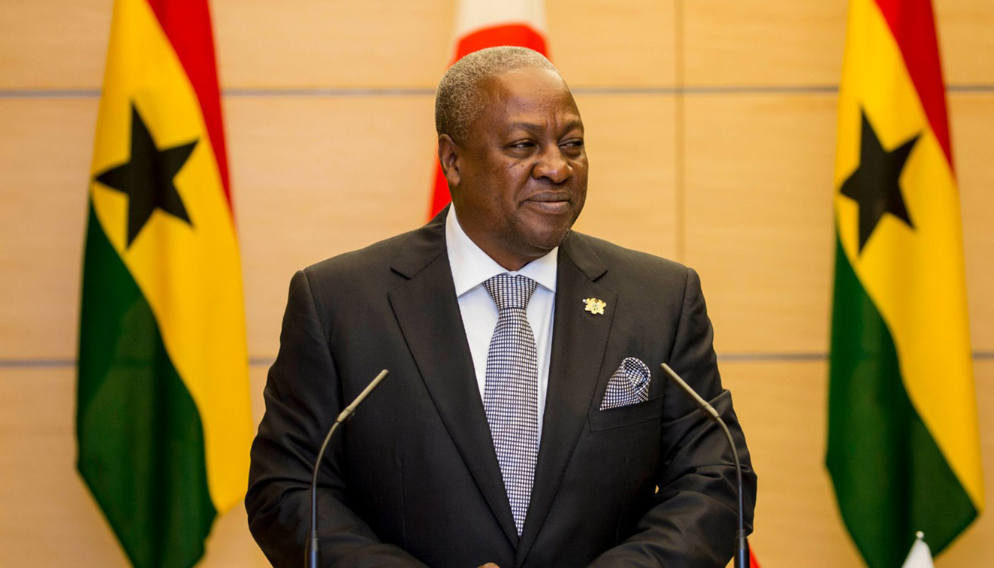In a spirited appeal to the Ghana Union of Traders Association (GUTA), John Dramani Mahama, the National Democratic Congress’s (NDC) presidential hopeful, challenged Vice President Dr. Mahamudu Bawumia to act on his tax reform promises sooner rather than later. Mahama’s call to action was not just a statement of opposition but a direct request to address what he and many others see as burdensome taxes imposed by the current government.
Mahama’s engagement with GUTA was not just a meeting; it was a rallying cry for the Vice President, who is also eyeing the presidency under the New Patriotic Party (NPP) banner, to make good on his pledges to scrap certain “nuisance” taxes. Among these, the E-Levy stands out as a particularly contentious issue.
Dr. Bawumia, on his part, has publicly committed to doing away with several taxes, including the E-Levy, emphasizing a push towards a digital-first Ghana. In his vision for the presidency, Bawumia imagines a Ghana where digital transactions are not just common but completely untaxed, to encourage a broader adoption of cashless payments.

During a heart-to-heart with traders on Tuesday, April 9, 2024, Mahama didn’t mince words: “Bawumia needs to ditch the E-Levy and others now, not wait until he’s possibly president,” he asserted. This bold declaration underscores a broader discourse on tax reform in Ghana, especially regarding digital transactions, which are seen as the future of the nation’s economy.
Vice President Bawumia, in a February 2024 announcement, reaffirmed his stance against the E-Levy, promising its abolition as a cornerstone of his campaign. This tax on electronic transactions has been a significant barrier to Ghana’s digital economy dream, according to Bawumia, who argues that removing such barriers is essential for progress.
“As we move towards a cashless society, it’s crucial to promote electronic payments without penalizing them through taxation. Therefore, under my leadership, digital transactions will be tax-free, marking the end of the E-Levy,” Bawumia proclaimed, setting the stage for what could be a transformative policy shift for Ghana’s economy.
